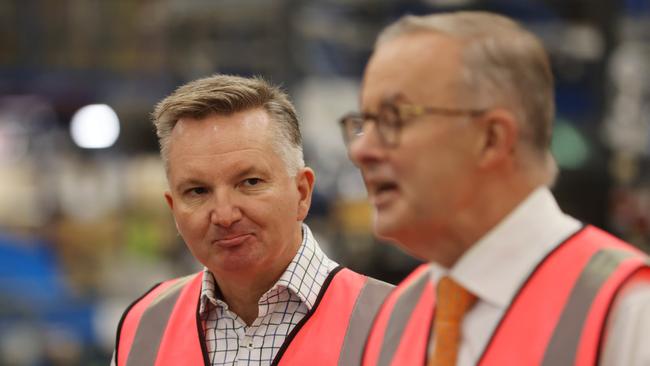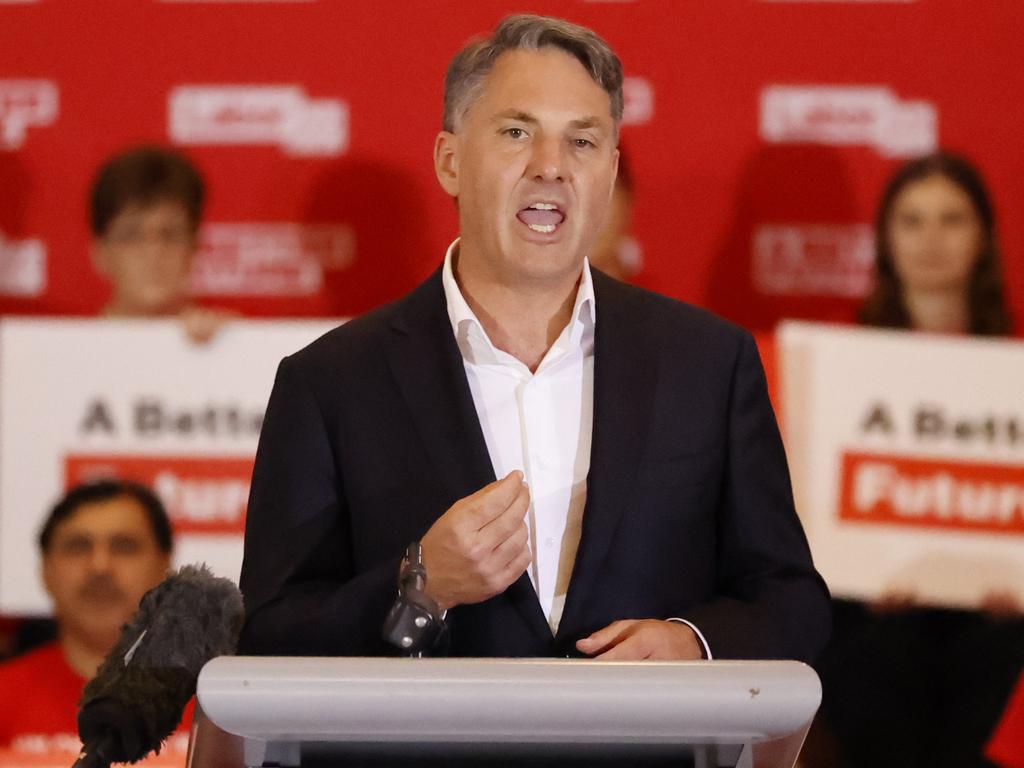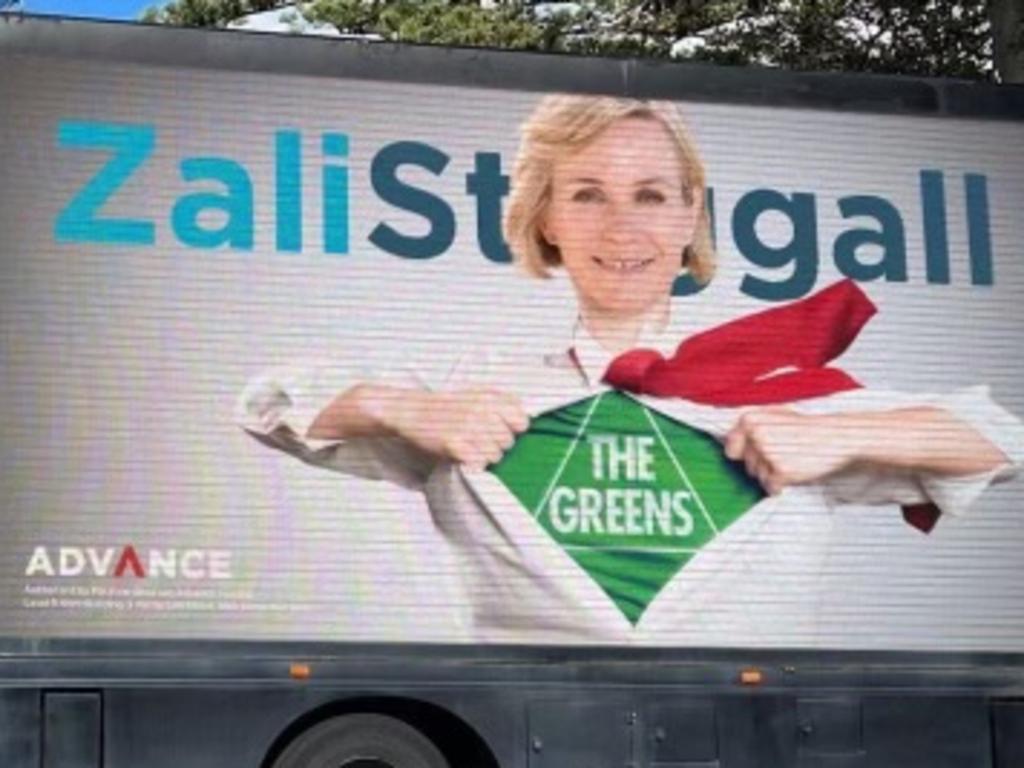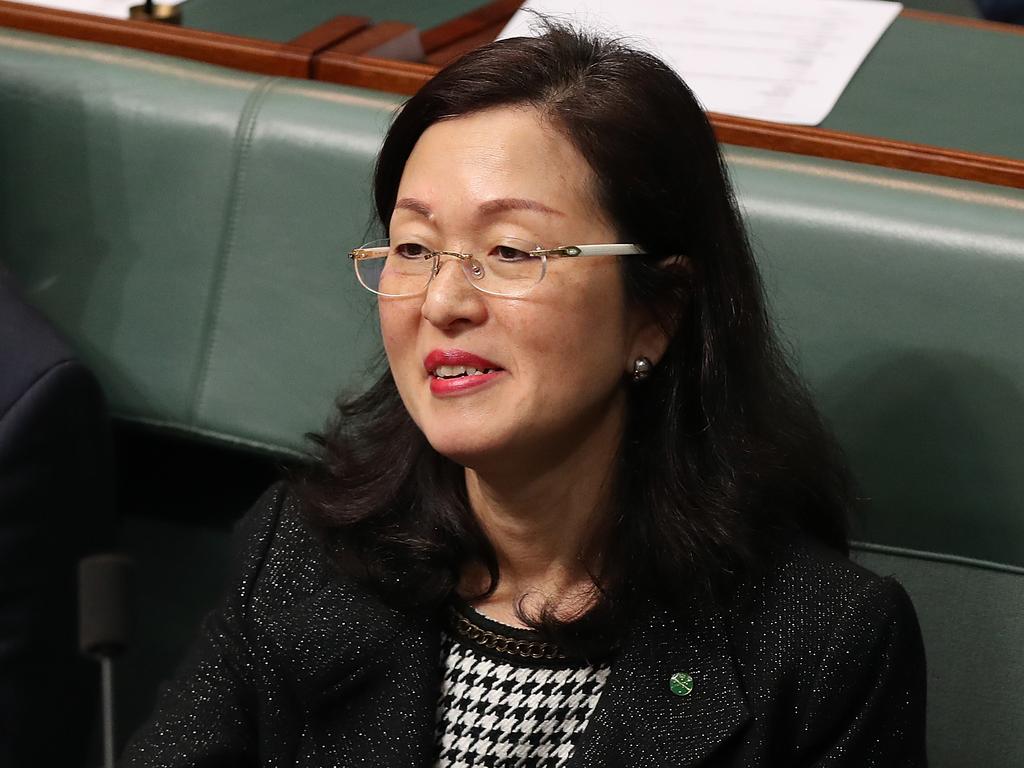Federal election: Labor’s smoke and mirrors on coal
Coalminers won’t know how Anthony Albanese’s climate change policies will apply to them until after the election, amid mixed messaging in Labor.

Coalminers won’t know how Anthony Albanese’s climate change policies will apply to them until after the election, amid mixed messaging in Labor over how the sector will be affected by its plans for a strengthened safeguard mechanism.
Opposition energy spokesman Chris Bowen said coalmines would be forced to comply with Labor’s more stringent safeguard mechanism, after assistant energy spokesman Pat Conroy last week claimed no coalmine would be affected by the policy.
Mr Bowen said the Clean Energy Regulator would tailor the policy for each of the 215 facilities that come under the safeguard mechanism, ensuring the international competitiveness of trade exposed industries such as coal is not undermined.
But the details of how this will practically work will be decided in government, if Labor wins.
“The Clean Energy Regulator will work with each facility, each of the 215 facilities and say, ‘all right, what’s the available technology that you can have to reduce emissions? And what are your competitors facing around the world? And what’s a sensible pathway for you to net-zero?’,” Mr Bowen told the Nine Network. Under Labor’s version of the safeguard mechanism, the cap for the 215 biggest industrial emitters will be progressively lowered to put the nation in line with net-zero emissions by 2050. Companies that exceed their “baseline limits” will need to offset their emissions through the purchase of carbon credits, predicted to be about $24 per tonne of carbon.
Mr Conroy – who represents the Hunter Valley coal electorate of Shortland – told the Australian Financial Review last week not a single coalmine would be affected by the safeguards mechanism “because their international competitors don’t face the requirement to reduce emissions”.
Pressured to clarify the policy, Mr Conroy said coalmines “won’t be impacted by a greater constraint than their competitors overseas”, but “they will be supported by a government that invests in the opportunities of net-zero – not hangs them out to dry as global markets change”.
Opposition foreign affairs spokeswoman Penny Wong said Labor would “not expose an Australian facility to a competitive disadvantage as against their competitors internationally”.
While exported coal used to generate offshore power stations is not counted in Australia’s emissions, the leak of gases while extracting the resource is counted under domestic obligations.
Mr Bowen has said that coalmines will not close early because of Labor’s policy, with experts saying there was a range of ways coalminers could lower their emissions and stay internationally competitive.
Grattan Institute director Tony Wood said he was not aware of any carbon constraints on coalmines of other major coal exporters Russia and Indonesia.
Mr Wood said it appeared Labor would wait until government to decide how the policy would work for coalmines on the advice of the Clean Energy Regulator. “It might be that they don’t have any exposure to having to buy offsets, for example,” he said. “But it might also be providing support through technology.
“The broad idea is the government is going to need to get to net-zero by 2050 and every time you are going to let somebody off you are going to put it more on somebody else. I’m happy to accept they are going to have to work this through with the regulator. But the principle is very clear: they have got to achieve their net-zero by 2050 and the sector has to come down at that rate. How they do that they can work out in government.”
On Saturday, deputy leader Richard Marles would not say whether coalminers would need to buy carbon credits if they exceeded their baseline emissions.
Energy Minister Angus Taylor accused Mr Conroy of being misleading “because he knows how devastating Labor’s tax on industry and manufacturing will be on coal mines and for coal workers in the Hunter”.
“Labor’s new carbon tax will sacrifice jobs and increase the cost of living – and it will hit regional communities hardest,” he said.
However, there are also inconsistencies on the government’s messaging on coal. Deputy Prime Minister Barnaby Joyce said low- emission coal technologies should be allowed Clean Energy Finance Corporation funding, a policy supported by the Nationals but opposed by the Liberals.
Mr Joyce supports the proposed Collinsville coalmine in central Queensland accessing funding from the Northern Australia Infrastructure Facility.
“If people are looking for support for the Northern Australia Infrastructure (Facility), or the Clean Energy Finance Corporation, to make coal cleaner to make coal more energy efficient, that is certainly something that would be considered,” Mr Joyce told the ABC’s Insiders.








To join the conversation, please log in. Don't have an account? Register
Join the conversation, you are commenting as Logout